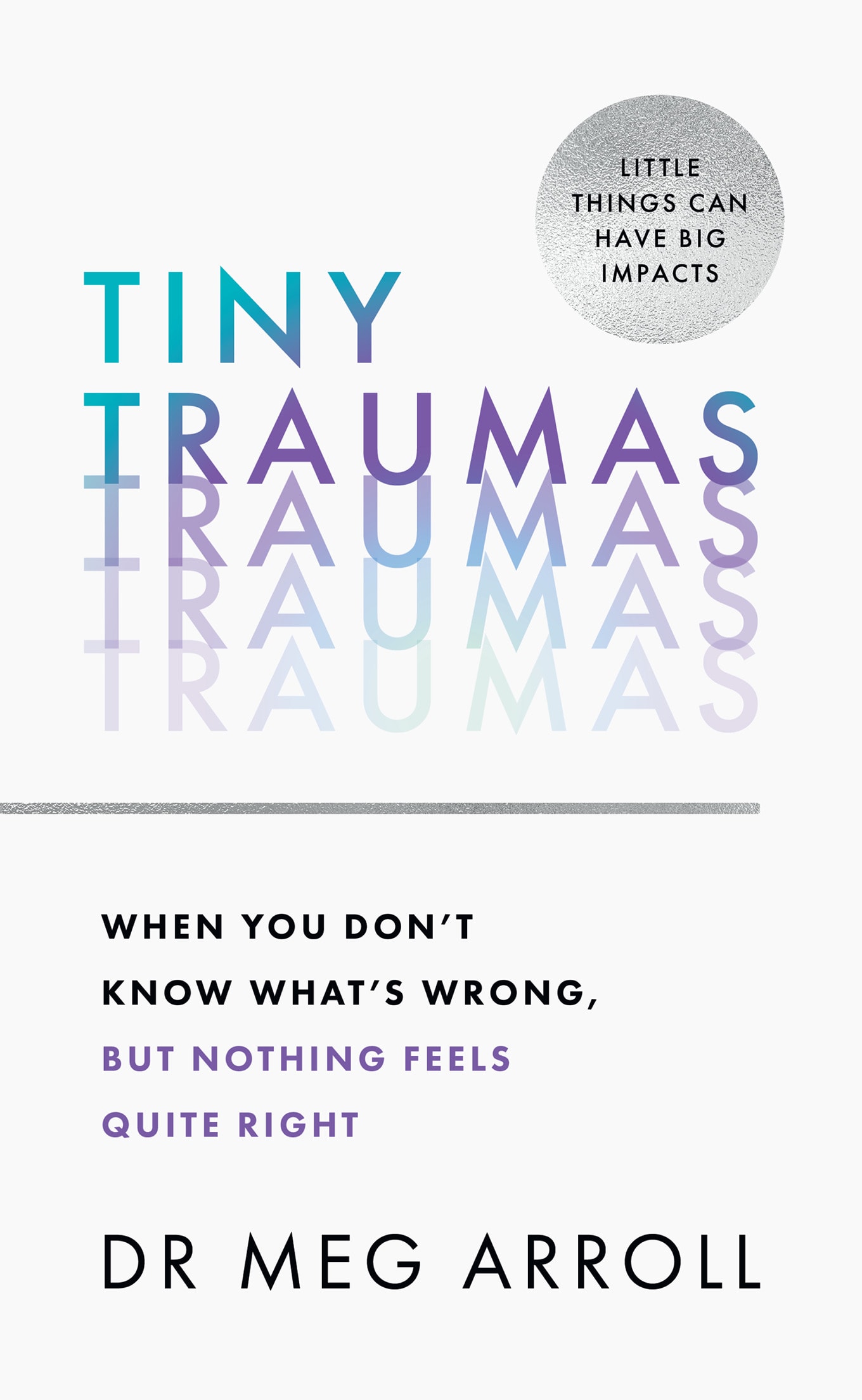I’ll be honest with you, I felt a flutter of relief mixed with something like trepidation when I saw the theme for this year’s Mental Health Awareness Week (15-21 of May) – anxiety. This is because anxiety is the most common issue I see in my practice, with high functioning anxiety affecting more and more people in these challenging times. Therefore, it’s heartening to see the topic highlighted so that we can find tailored solutions for long-term mental health and well-being.
First of all, it might be helpful to outline what I mean by ‘high functioning’ anxiety. When you go to see a healthcare professional, they will assess a range of signs and symptoms, one of which is the ‘inability to carry out activities of daily living’ – these are the everyday tasks and demands that we all need to get done to allow life to tick along, such as childcare, work, cooking, personal care and even hobbies and recreational pursuits. However, many people with quite steep levels of anxiety still manage to complete all these jobs in the day – but it is at a cost. This ‘cost’ can look like sleep difficulties, emotional eating, feeling TATT (tired all the time) and a sense of chronic overwhelm. Sometimes people become so used to the experience of anxiety that they can’t identify what it is, which is not surprising at all considering how busy and full our lives tend to be. But putting your finger on why you feel underwater is the important first step in regaining control, and this stage of Awareness is the beginning of my AAA Approach to coping with anxiety.
The Awareness stage therefore is all about seeking out the triggers for anxiety, rather than avoiding them. Money worries are a big problem right now in the cost-of-living crisis and sometimes we try to deal with these anxious thoughts with maladaptive patterns such as shoving bills out of sight into drawers or ignoring emails, which for a brief period of time offers relief. This is only temporary, of course, as another reminder will plop in your inbox or app, and then the vicious cycle of anxious-avoidant behaviour continues. Pinpointing financial concerns as a trigger for anxiety is therefore the start of overcoming this gruelling pattern – although awareness in itself isn’t enough, hence the next ‘A’ in my process is Acceptance. Acceptance encompasses accountability and there is often a big dose of self-compassion required to move onto the final phase of AAA, which is Action. Here, the key is to focus on the things we can directly influence, such as speaking to a debt or financial adviser or an organisation such as Citizens Advice (citizensadvice.org.uk). However, many anxious thoughts are about areas we cannot control, so instead it can be helpful to test out whether worries are around tangible aspects of life that we can impact (eg, restructuring bills and debt) or wider issues that we cannot affect (for instance the economy as a whole). The latter types of thoughts are what psychologists call ‘cognitive distortions’ and are known to keep anxiety bubbling away.
So, to overcome these distortions, try this simple technique which will challenge spiralling and catastrophising thoughts patterns that lead and feed into anxiety. I call this the ASK process and it’s based on cognitive behavioural therapy theory and practice. Start by catching an anxious thought, for example I see so many clients who find it difficult to prioritise themselves and may be caught in people-pleasing and perfectionism loops driven by thoughts such as:
“If I don’t get everything done myself, no one else will do it and everything will just fall apart.”
Next, ASK yourself:
A is for Accurate: Is this thought accurate? If so, what’s the hard evidence for this conclusion?
For example, how do you know that no one else can or will pick up some slack – we can veer into future-telling and mind-reading cognitive distortions where we make assumptions, but they're usually not an accurate picture of the world.
S is for Sensible: Is this thought sensible? Does it make logical sense objectively?
Anxious thoughts stem from the fear and stress response which jumps to worst-case-scenarios in a misguided effort to keep us safe. However, because these thoughts are based on fear, they are often illogical – is the idea that ‘everything will fall apart’ logical and sensible?
K is for Kind: Is this thought kind? If not, what function does this way of thinking have?
We’re much harder on ourselves than others, and anxious thought patterns act as self-flagellation better than any external criticism ever could. But this inner critic rarely serves us well, so instead look towards a kinder and more compassionate view of this situation – here, I might suggest the ‘4 Ds’ of time management which are: Do, Defer, Delegate, and Delete.
Taken together, it's important to note that anxiety is a prevalent issue, but by using a combination of techniques that aim to challenge the anxious mind along with practical solutions, we can all manage both everyday and more ingrained worries and concerns.
Tiny Traumas by Dr Meg Arroll (Thorsons) is out now in Hardback, Ebook and Audio









